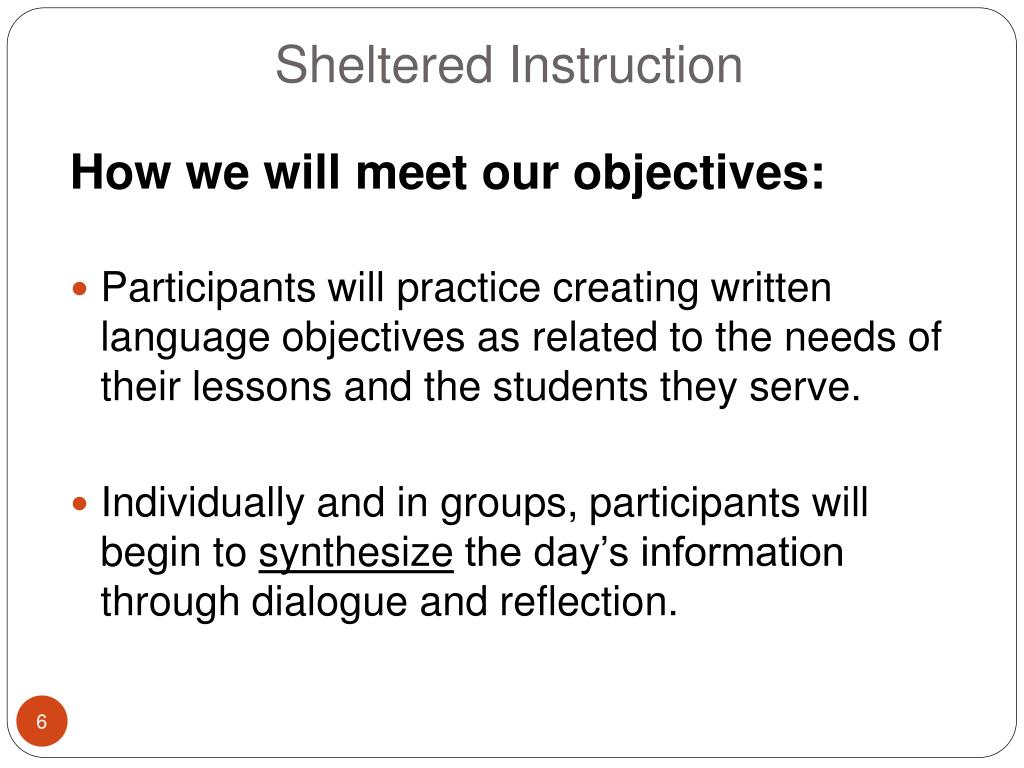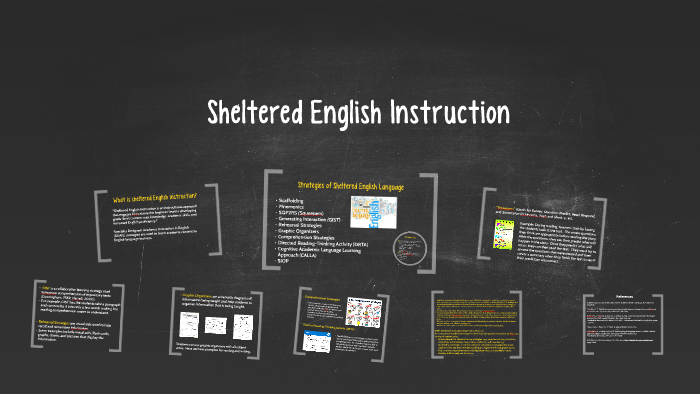

select an appropriate sequence of activities which matches the students' developing linguistic abilities and leads to the attainment of the course objective.select a beginning point based on student's prior knowledge, experience and needs.identify key concepts and the language which encodes those concepts.To make these course objectives comprehensible when planning their lessons, teachers need to: be aware of the cognitive, linguistic and social development of individual students.Ĭlassroom PreparationAppropriate grade-level course objectives are those established in the district's curriculum for all students.

know the processes of first and second language development.understand the general principles of how languages are structured.be aware of the personal backgrounds of their students.be sensitive to the cultures represented in their classrooms.know general aspects and values of students cultures, including schooling.To instruct English language learners effectively, teachers must create a learner-centered environment, recognizing that student diversity is a resource and an asset in the classroom.

The additional knowledge they need falls into three categories: teacher perception of students, classroom preparation and classroom interactions. Content area teachers already have mastery of their own subject area. The purpose of this position paper is to describe the knowledge and understandings content area teachers need to successfully implement specially-designed academic instruction in English. This approach emphasizes the development of grade-level academic competencies. sheltered instruction), an approach used to make content comprehensible to English language learners with intermediate fluency.


 0 kommentar(er)
0 kommentar(er)
